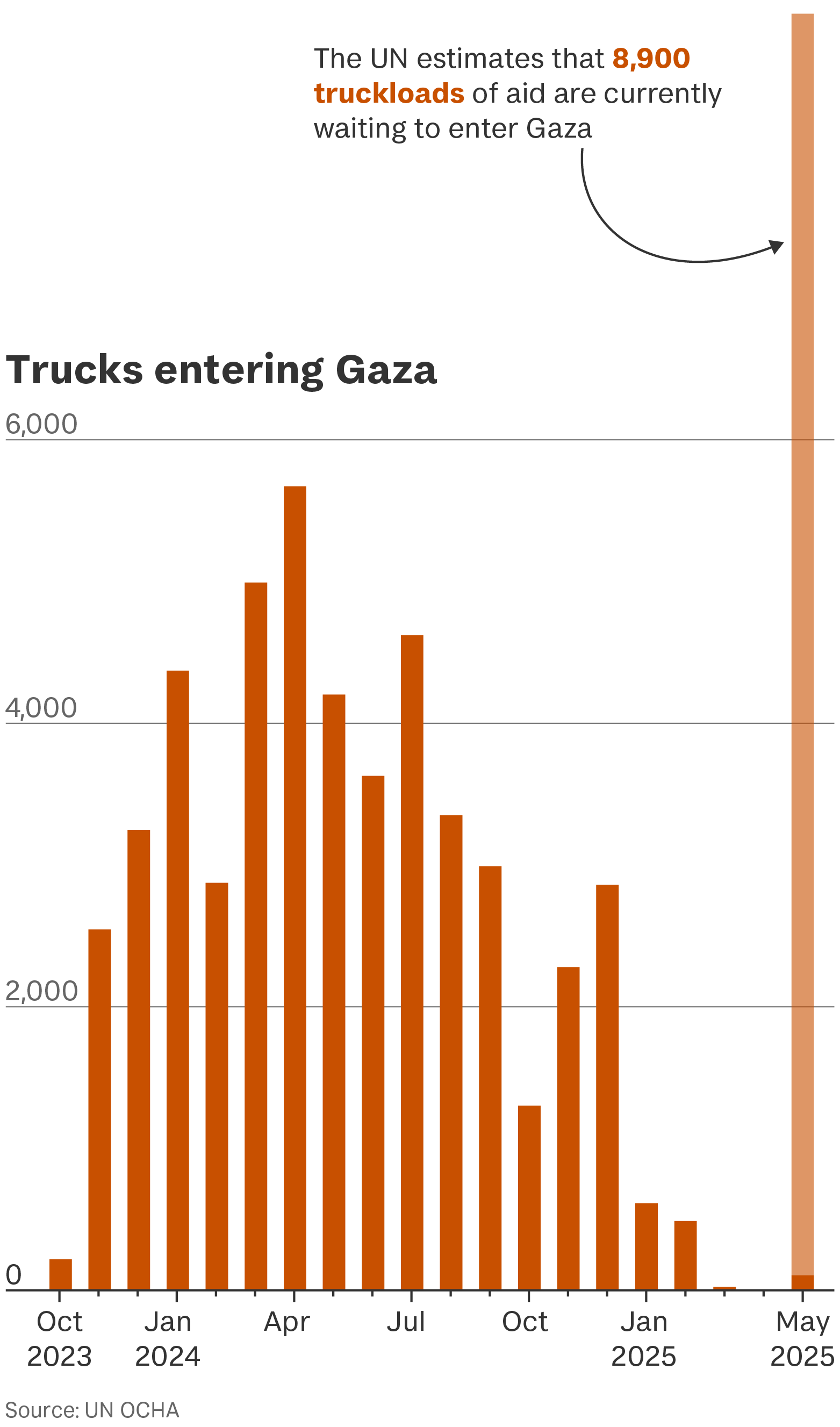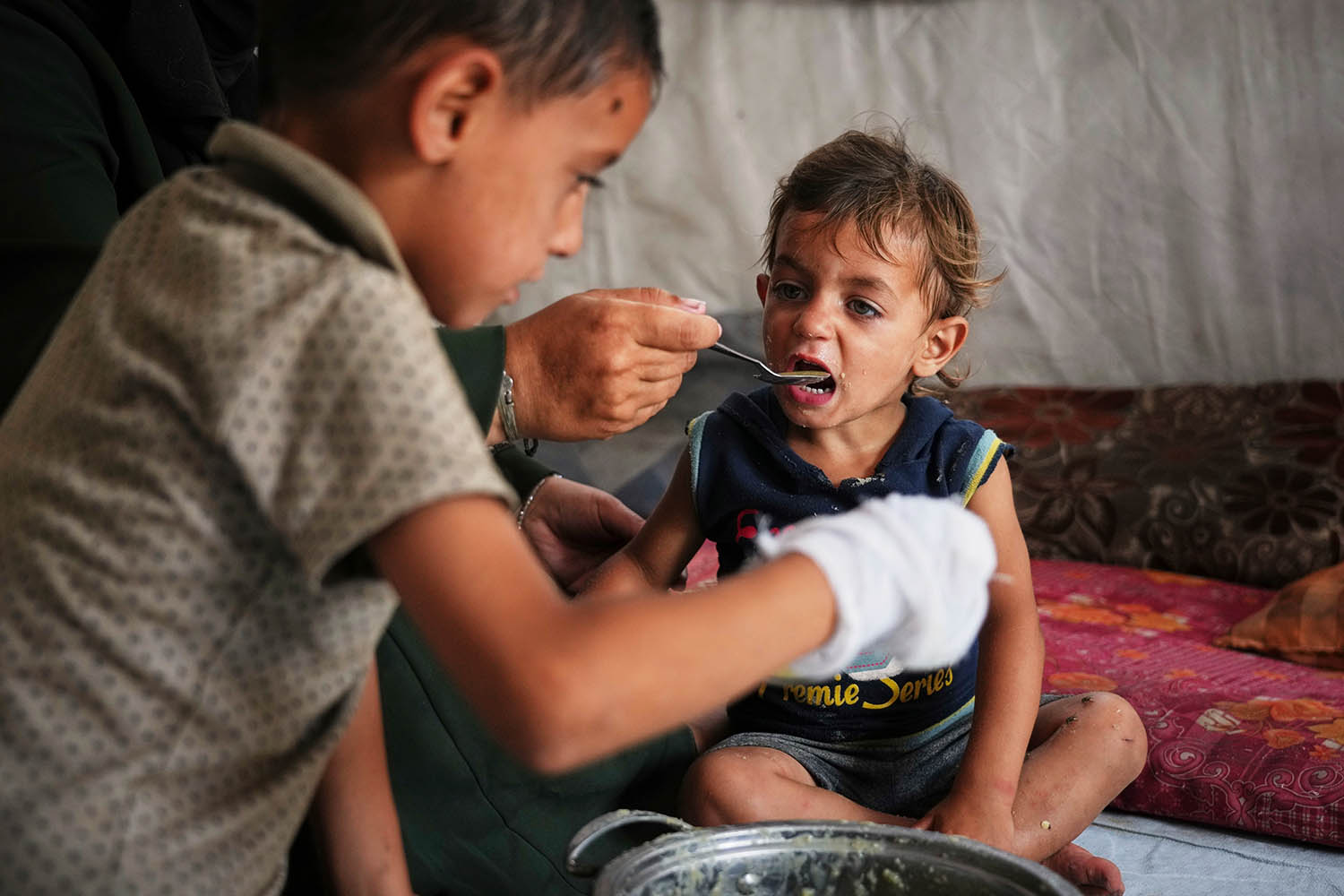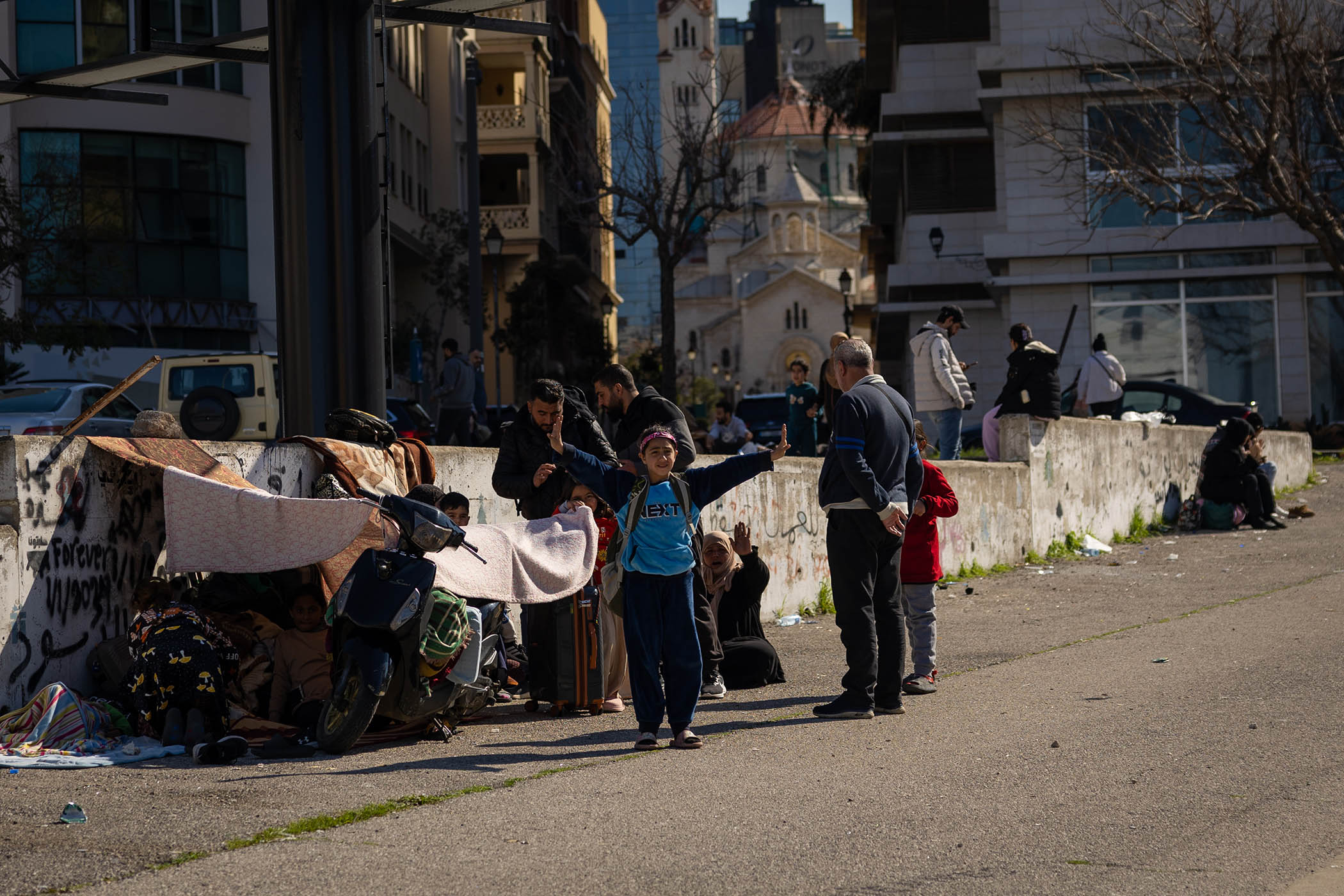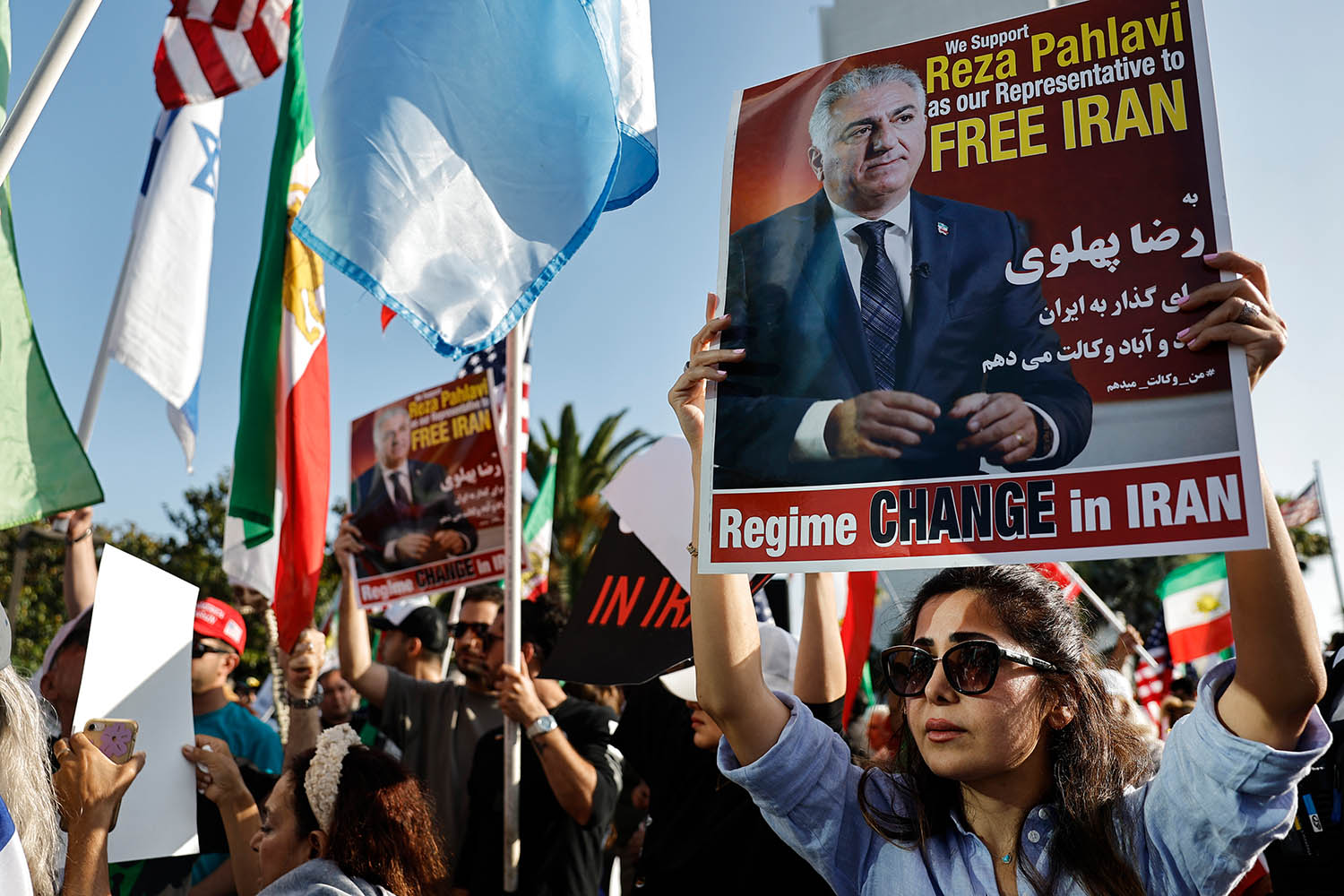Welcome to the Sensemaker, our daily newsletter. It features calm and clear analysis on the stories driving the news across tech, politics, finance, culture and more. The Sensemaker will appear here every morning, but to receive it in your email inbox, sign up on our newsletters page.
Tom Fletcher, the UN humanitarian chief, said on Tuesday that 14,000 babies could die in the next 48 hours if Israel doesn’t “flood the Gaza Strip with humanitarian aid”.
So what? Israel is more focused on its latest offensive, which aims to “conquer” the Strip and achieve “total victory” over Hamas. In response, the UK, Canada and France have issued their strongest statements since the war began. These allies have threatened to take concrete action, including “targeted sanctions”, if Israel does not
- end its military offensive;
- allow humanitarian aid to enter;
- refrain from permanent forced displacement; and
- agree to a ceasefire to return the hostages and end Hamas rule.
If Israel refuses, the three countries are considering recognising a Palestinian state at a UN conference next month. Prime Minister Benjamin Netanyahu, who has spent his career trying to prevent the creation of an independent Palestinian state, accused the trio of “offering a huge prize” to Hamas for October 7, and said Israel would “continue to defend itself” in “a war of civilisation over barbarism”.
Rising pressure. Israel has frequently dismissed outside criticism. But its decision to collapse the ceasefire in March and intensify attacks on Gaza has been met with international anger, which has raised alarm inside Israel over the need to protect alliances and arms deals.
A trickle not a flood. On Monday, after a near three-month blockade, Israel let nine aid trucks enter Gaza: less than 2 per cent of the daily pre-war average. Officials called this a temporary measure pending the construction of aid distribution centres in southern Gaza secured by the Israeli military and operated by private US contractors.
Newsletters
Choose the newsletters you want to receive
View more
For information about how The Observer protects your data, read our Privacy Policy
The number. According to a UN spokesperson, 14,000 refers to the estimated number of babies suffering from severe acute malnutrition in Gaza who need urgent supplies.
The response. Following this stark warning, the number of trucks authorised to enter Gaza reportedly rose to 100. This is still far short of what is needed and a UN spokesperson said no supplies had been distributed on the ground by 6pm yesterday.

Motives. Israeli government officials have admitted their shift in policy to permit limited aid to Gaza is designed to enable the continuation of the war.
•
Bezalel Smotrich, the far-right finance minister, said allowing in “the tiniest amount” of food would ensure Israel’s allies “continue to provide us with an international umbrella of protection against the Security Council and the Hague Tribunal”.
•
Netanyahu claimed US senators told him: “We are giving you all the aid to complete the victory: weapons, support for your operations to eliminate Hamas, defence at the Security Council… We cannot accept images of mass starvation.” The prime minister said Israel must avoid famine in Gaza “for practical and diplomatic reasons”.
A not-so ‘model ally’. JD Vance decided against travelling to Israel this week, following Donald Trump’s no-show on his recent Middle East trip. Other moves that suggest a widening gulf between US and Israeli interests include Trump
•
pushing for a nuclear deal with Iran;
•
saying the US had “no stronger partner” than Saudi Arabia; and
•
announcing he would lift sanctions on Syria.
Axios reported yesterday that behind closed doors the US president is frustrated with the war, upset by images of suffering Palestinian children, and wants Netanyahu to “wrap it up”.
The UK. Calling Israel’s plans “morally unjustifiable” and “utterly counter-productive”, the foreign minister David Lammy announced a halt to the UK’s trade negotiations with Israel on Tuesday. Lammy also summoned the Israeli ambassador to the Foreign Office in a move that marks a sharp increase in tension between close allies.
What gives? Government data released last week shows that the UK approved the sale of roughly $160 million of military equipment to Israel between October and December last year, following the partial suspension of arms exports over concerns that Israel was not complying with international humanitarian law. The data shows licences for military aircrafts, explosive devices and targeting devices were approved at the height of Israel’s siege on northern Gaza.
What’s more... The EU yesterday ordered a review of the free trade deal it has with Israel in yet another indication of intensifying efforts – from outside at least – to stop the war.
Photograph: Abdel Kareem Hana/AP



